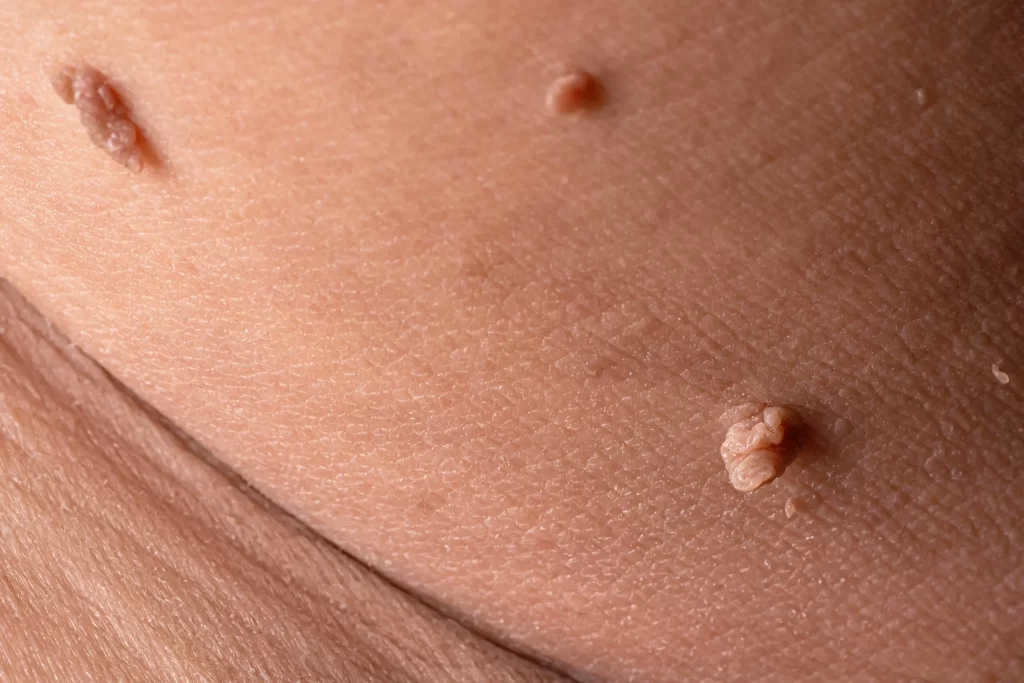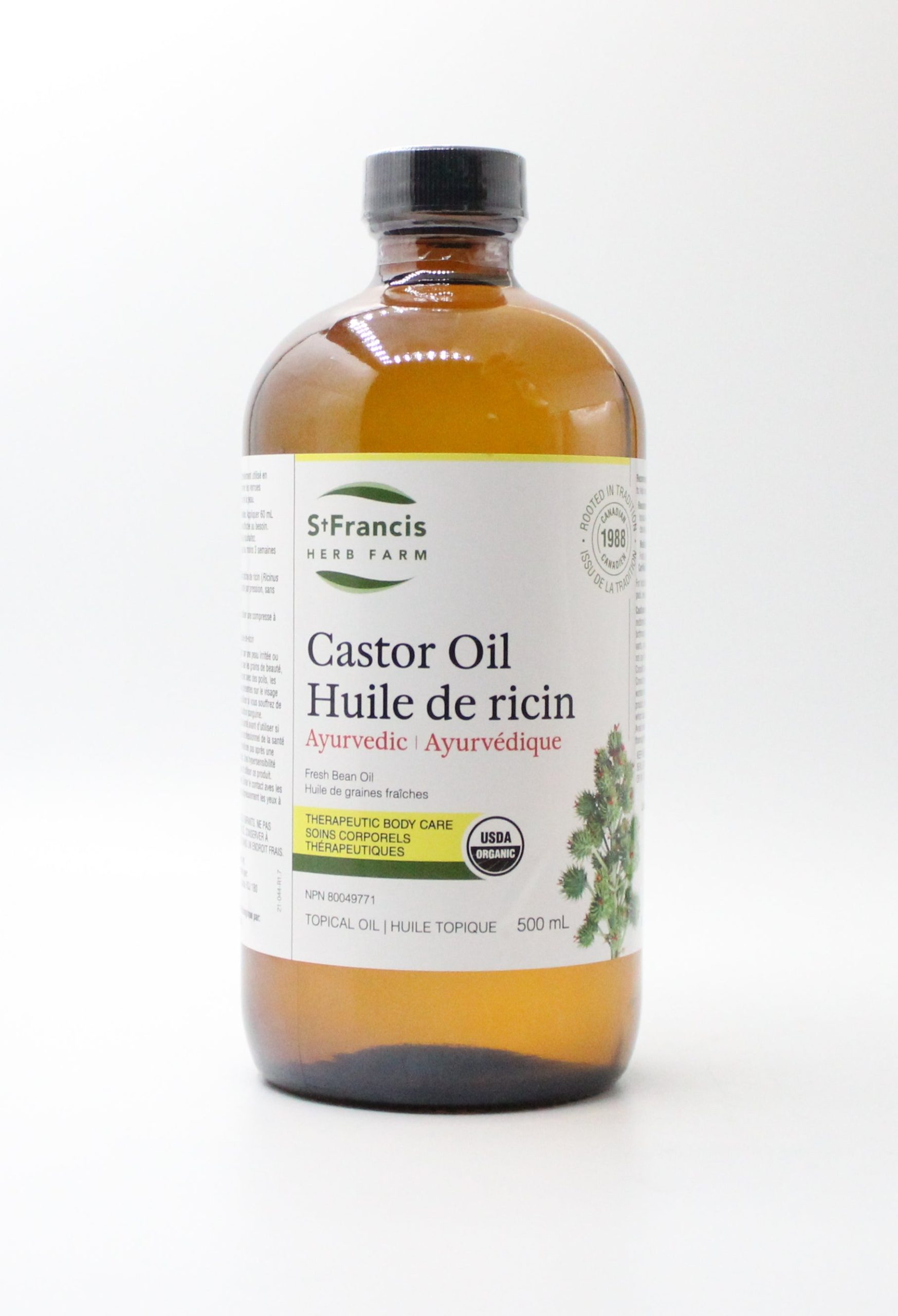Castor oil, derived from the seeds of the Ricinus communis plant, has long been revered for its numerous medicinal properties. Among its applications, the use of castor oil for the treatment of genital warts stands out as both a traditional and a contemporary remedy. This article provides an in-depth exploration of castor oil’s efficacy, application methods, and safety considerations for treating genital warts.
What Are Genital Warts?
Genital warts are a common sexually transmitted infection primarily caused by certain types of human papillomavirus (HPV). They appear as small, flesh-colored bumps on the genital area and can cause discomfort, itching, and pain. Managing these symptoms and reducing the appearance of the warts are crucial for affected individuals.
The Role of Castor Oil in Treating Genital Warts

Castor oil is rich in ricinoleic acid, a compound known for its anti-inflammatory and antimicrobial properties. When applied topically, castor oil can help reduce the size and severity of genital warts. Its properties also contribute to soothing irritated skin and promoting healing.
For those seeking effective solutions for anal warts, it is crucial to explore proven treatments that offer relief and recovery. One standout resource for comprehensive guidance on this sensitive health issue is available at a dedicated clinic that specializes in such conditions. For a deeper insight into the best anal warts treatment options and expert advice, consider visiting Best anal warts treatment. This link provides access to a wealth of information that can help manage and potentially overcome the challenges associated with anal warts.
How to Use Castor Oil for Genital Warts
To effectively use castor oil for genital warts, follow these steps:
- Clean the Affected Area: Begin by gently cleaning the genital area with mild soap and water to remove any contaminants that could affect the oil’s efficacy.
- Apply Castor Oil: Using a clean cotton swab, apply a small amount of castor oil directly to the warts. Be careful to avoid spreading the infection to other parts of the genital area or to another person.
- Cover with a Bandage: After application, cover the area with a clean bandage or cloth to protect the skin and prevent the oil from staining clothing.
- Repeat Daily: For best results, apply castor oil to the warts two to three times per day. Consistency is key in seeing a reduction in wart size and discomfort.
Potential Side Effects and Precautions
While castor oil is generally safe for topical use, it is important to be aware of potential side effects and precautions:
- Allergic Reactions: Some individuals may experience an allergic reaction to castor oil. Prior to full application, conduct a patch test by applying a small amount of the oil to an unaffected area of the skin to check for adverse reactions.
- Skin Irritation: Overuse of castor oil may lead to skin irritation or drying. If you experience these symptoms, reduce the frequency of application or discontinue use.
- Consult a Healthcare Provider: For persistent or particularly severe cases of genital warts, consulting with a healthcare provider is recommended. They can provide additional treatment options such as prescription medications or surgical interventions.
Comparative Effectiveness of Castor Oil
When compared to other natural remedies for genital warts, castor oil stands out due to its accessibility, ease of use, and the minimal risk of side effects. However, individuals may experience varying degrees of effectiveness, and it’s important to consider combining the treatment with other methods recommended by healthcare professionals.
Read Also: How To Get Food Out Of Wisdom Tooth Hole: Depth
Final Thoughts
Castor oil offers a promising natural treatment option for those seeking to manage the symptoms of genital warts. With proper application and adherence to safety guidelines, it can be an effective part of a broader treatment plan. As with any medical condition, professional consultation is advised to ensure the best care.

